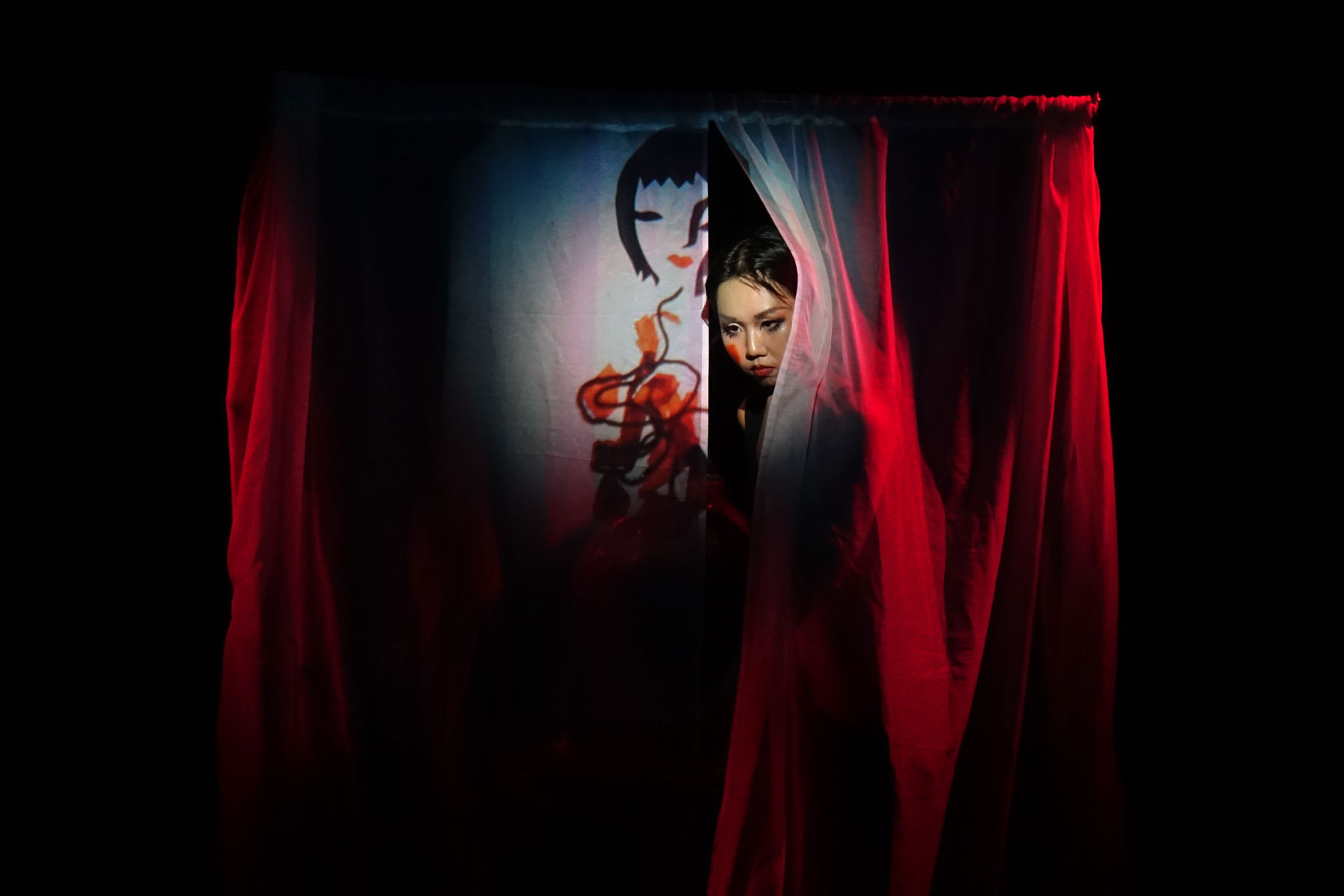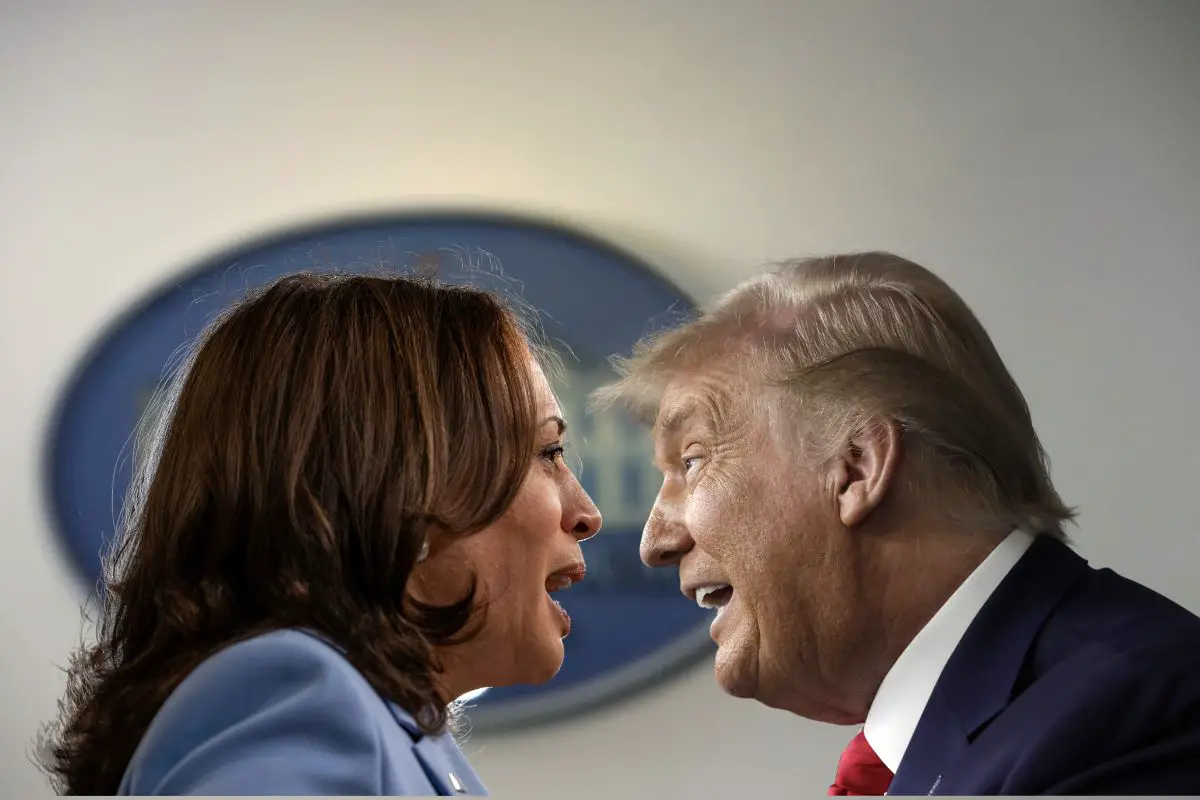A three-person play that examines the historical constraints placed on women’s bodies and minds, from the torturous stereotype of the “powerful white and the gentle yellow” in colonial times to microaggressions against migrant women in the present day.
Writer and actress Runxuan Yang and director Kang Ting Ho talk to Xindi Wei, a member of Voice ESEA, about Make way for Rosewhich premiered at the Camden Fringe Festival in August this year.
“Being an Asian woman in the West is hard,” said director Kang Ting Ho as we sat in a crowded, noisy Wetherspoon’s in Camden on a Wednesday evening, before another performance of Make way for Rose.
Read more: From child star to leading actress in the West End: The unusual journey of Claire-Marie Hall and “Operation Mincemeat”
She sighed and continued, “I want the audience to feel comfortable and uncomfortable while watching the play, but in a funny way.”
She had a point. When I saw May Kway, played by Runxuan, on stage, I was quite shocked to see May’s head resting on the neck of a vase on the stage. Of course, her body was not in the vase.
It was an optical illusion inspired by the “Vase Girl” phenomenon that became popular in towns and villages across China in the 1990s. The girl appeared to have been placed in the vase at a young age, with only her head floating above.
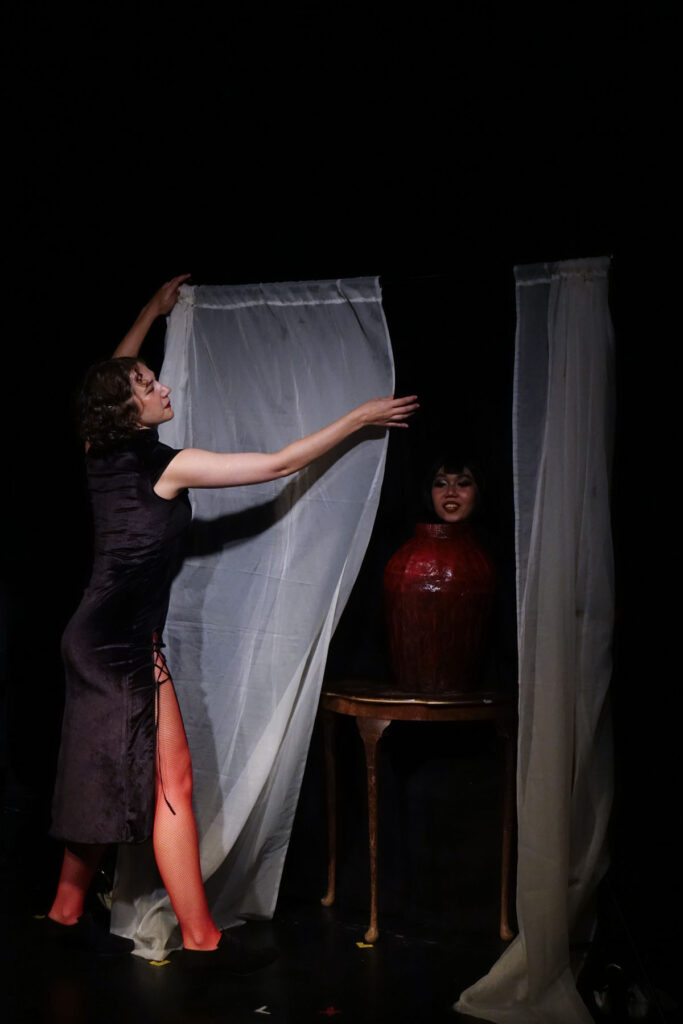
That wasn’t the only thing that made me uncomfortable. While singing “Rose, Rose, I Love You” by Yao Lee in Chinese, the assistant, played by a white British girl, asked the audience to feed May sausages while she interacted with them in a rather sexual and provocative way. After repeating the same act three times, there was a twist and she suddenly emerged from the vase singing a version of the song in English by Frankie Laine, disguised as a Western man visiting Asian countries.
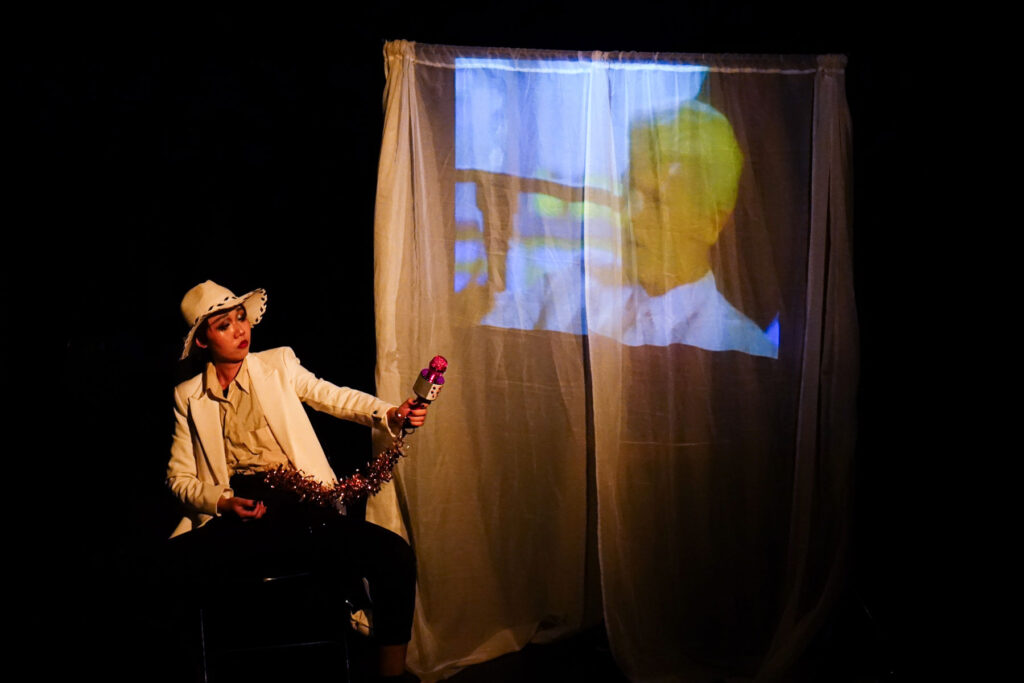
The piece consists of a mixture of playback, comedic dialogues, shadow theatre and grotesque food performances and takes the audience on an eerie and at the same time hilarious journey into the world of questions of identity and one’s own place in the world.
Read more: Soho Theatre prepares for a cross-genre collision with ‘The Dao of Unrepresentative British Chinese Experience’
I was shocked to see such bold performances from an Asian actress, as culturally we may be more reserved and shy. But I was equally relieved to see a powerful performance that celebrates female empowerment and challenges racial microaggressions.
In my opinion, these brave and somewhat uncomfortable actions encourage audiences to think about the role of art in crossing boundaries and the power dynamics inherent in the act of watching.
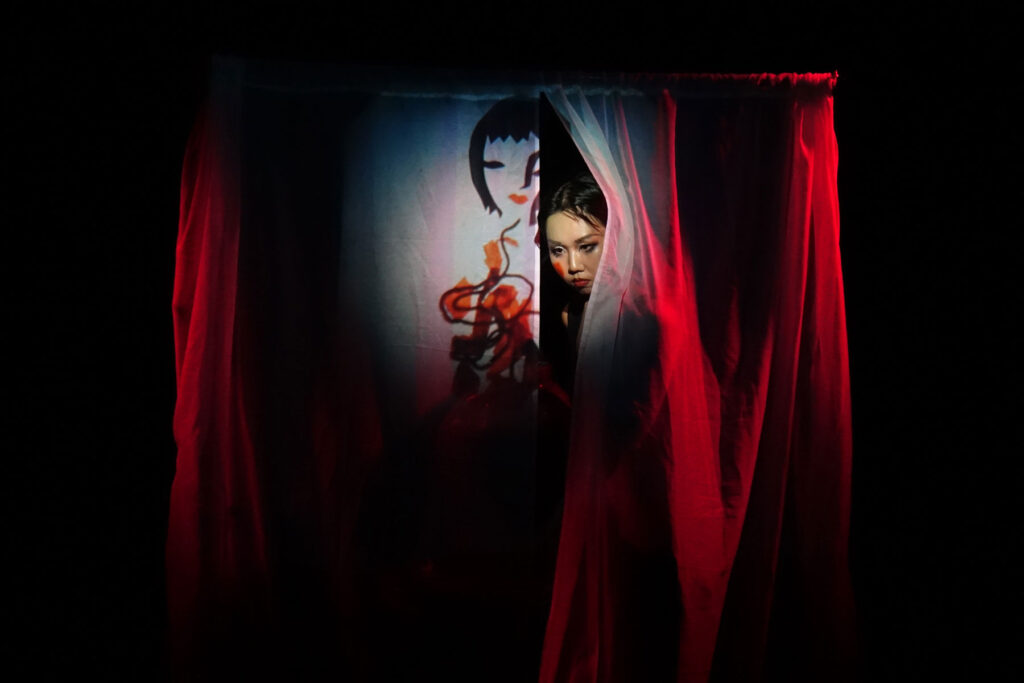
Runxuan first came up with the idea for the piece in 2023 while studying on the MA program in Performance Making at Goldsmiths University.
She later worked with director Kang Ting Ho to develop the piece into a 60-minute show that challenges the exotic female stereotype and explores the striking parallels between the male and Orientalist gaze.
Read more: From rapping Shakespeare to blowing on stage, Dennis Sofian pushes boundaries in Singapore theatre
Runxuan said: “We just want to show what’s happening and let the audience see it. Being a migrant in a foreign country is hard. People project things onto you.”
Sarah Thorogood, who played the British assistant, said: “It’s important for audiences from England to think about how they would behave in cross-cultural contexts.”
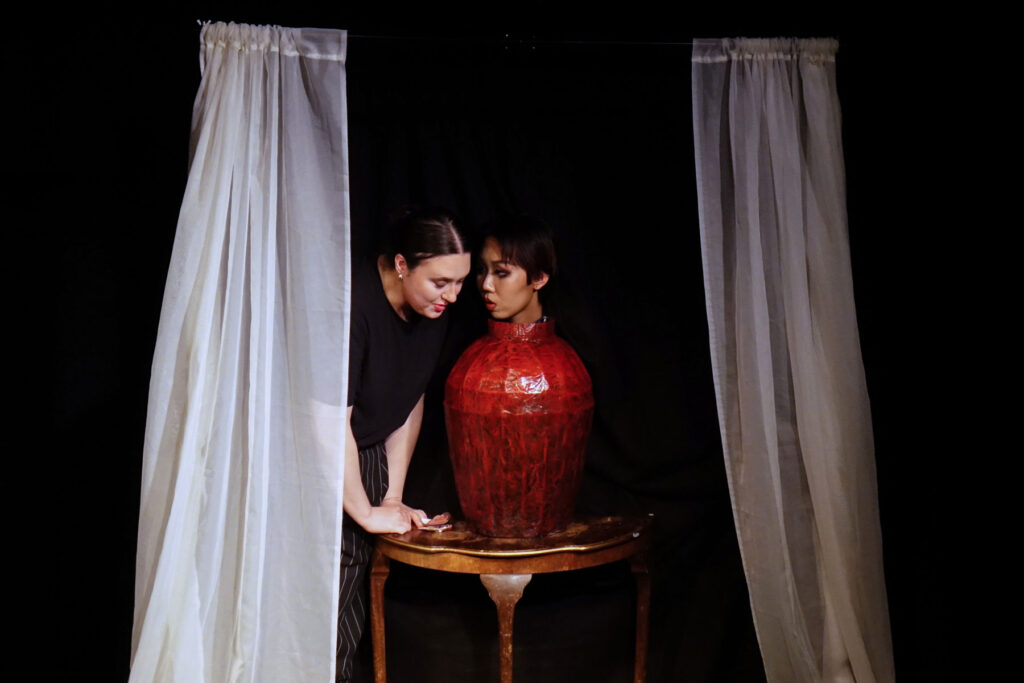
When asked about the representation of Asian casts on British stages, Runxuan said: “I think I’ve always been very interested and excited to see Asian productions in the UK. I think also because of the political situation, a lot of these stories are not allowed to be told or dealt with in their own countries.”

